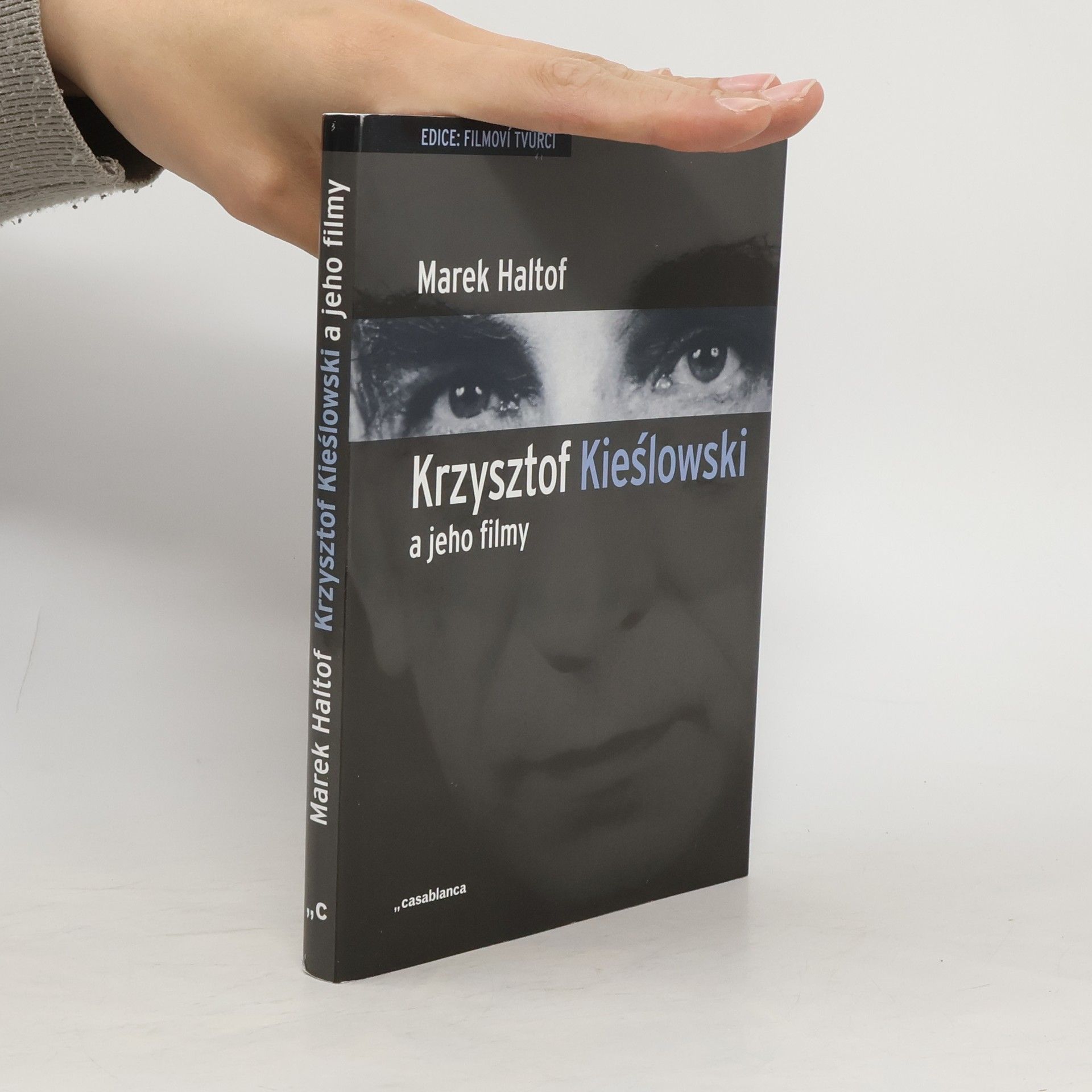Krzysztof Kieślowski a jeho filmy
- 230 pages
- 9 hours of reading
Studie polského filmového publicisty se pokouší o syntetický obraz tvorby jednoho z velkých polských filmových autorů 2. poloviny 20. století od jeho raných dokumentárních a studentských filmů až k jeho pozdějším hraným snímkům. Autor zasazuje Kieślowkého tvorbu nejen do historického kontextu Polska 60. - 70. let a zdejší výrobní praxe, ale i do kontextu evropského filmu té doby. Autor připsal pro české vydání předmluvu a doplnil text o novou kapitolu.


